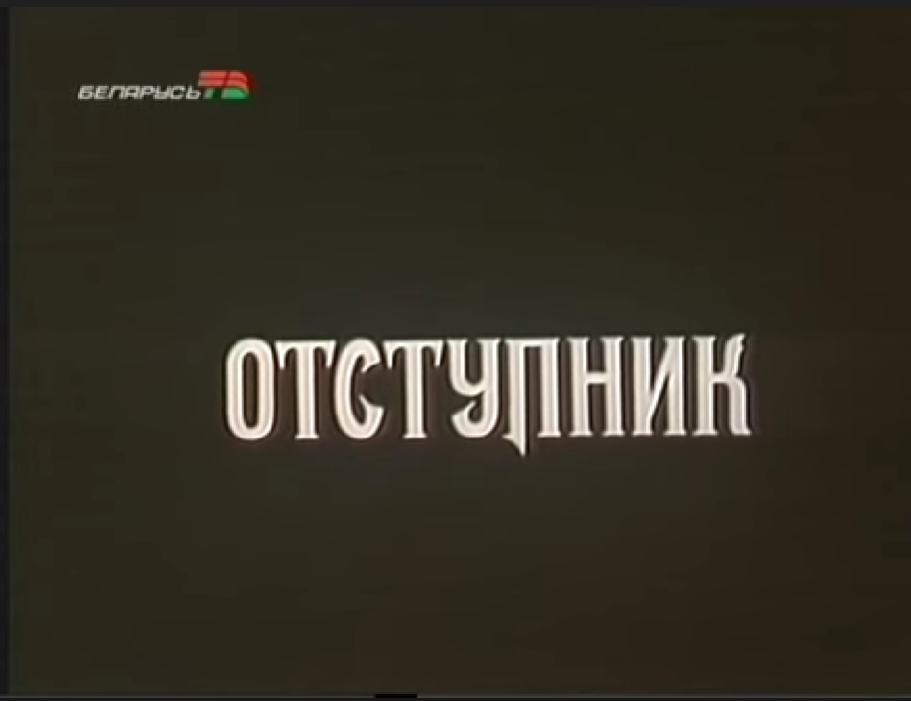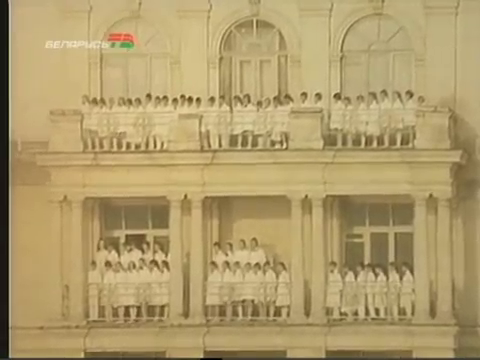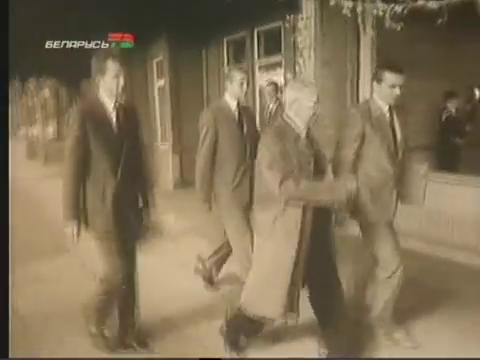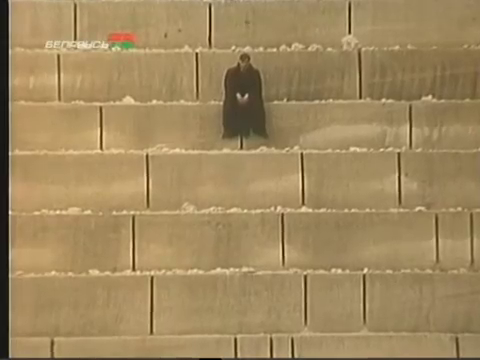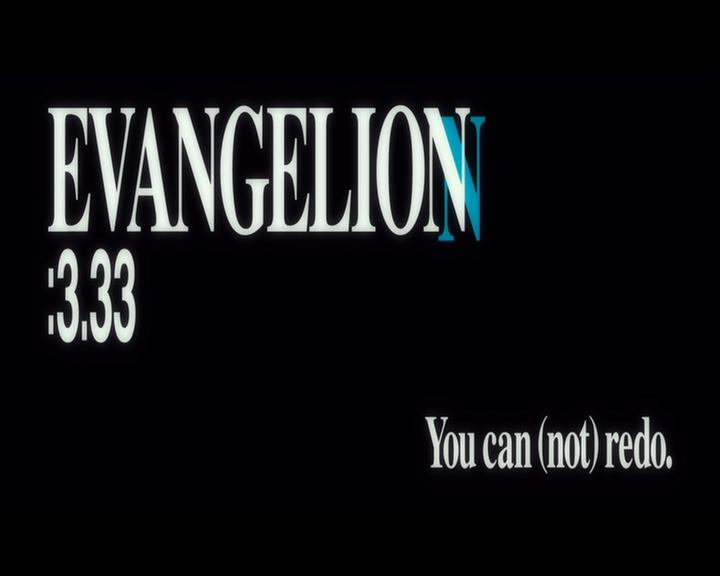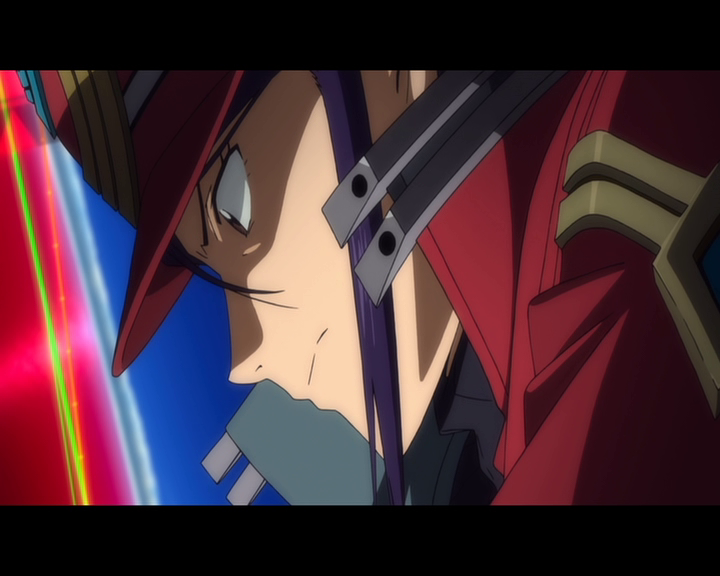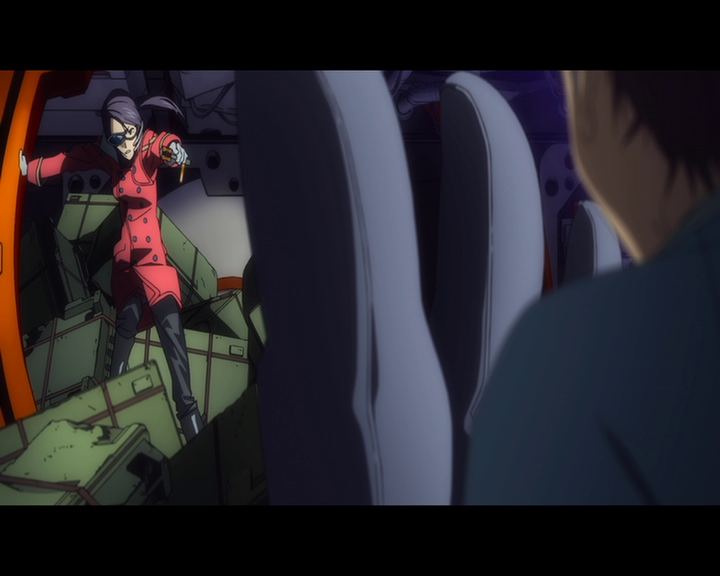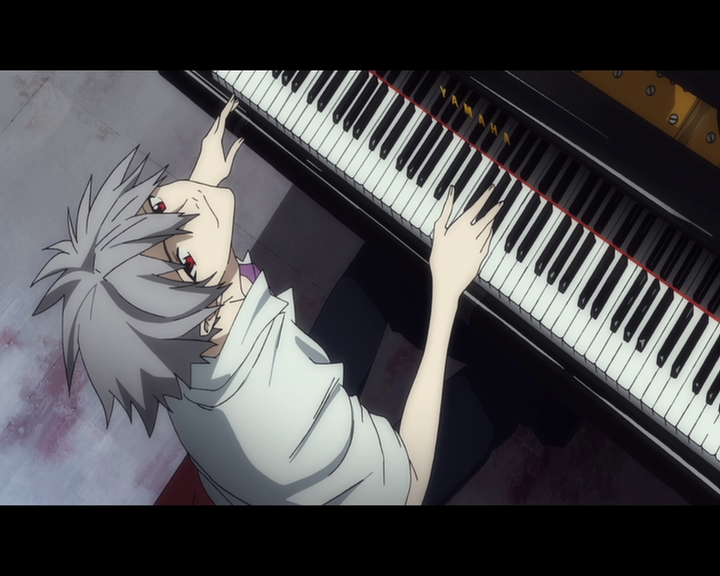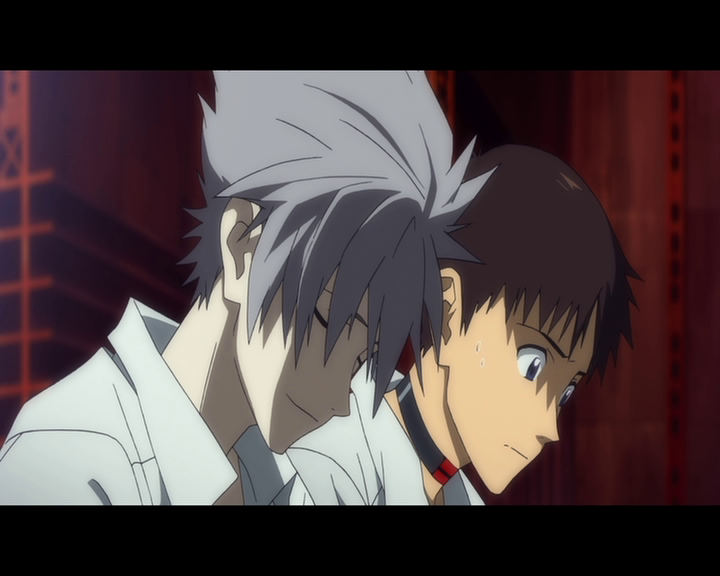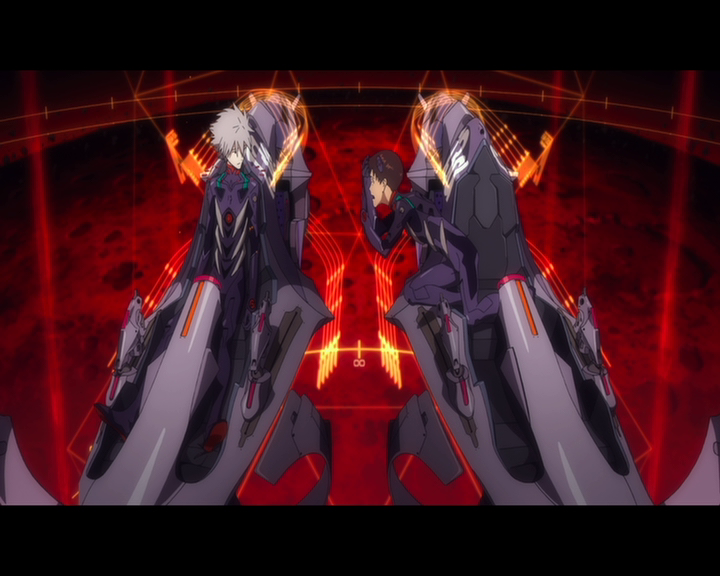-
#494 – The Apostate (1987)
The Apostate (1987)
Film review #494
Director: Valeri Rubinchik
SYNOPSIS: Miller, a physics professor, manages to create a device that can clone human beings. When the government learn of it, they want Miller to turn over the machine for their own uses. Miller also gets caught up in a conflict with his own clone, as the two lead similar, yet different lives, and come to different conclusions about what to do with their similar, yet different lives…
THOUGHTS/ANALYSIS: The Apostate is a 1987 science-fiction film based on the novel Five Presidents by Pavel Bagryak. The film opens up with Professor Miller, a physics professor at a university, visiting the President of a certain country: Miller has invented a method of cloning humans, and the government wants him to turn it over to them so they can use it for probably military purposes and such. The film revolves around Miller, as people try and get to him and his secrets, and also his clones, who lead the same, but different lives. The aim of the film is to explore the implications of cloning technology, and all the ethical conundrums that emerge from it. It’s all mostly stuff you’d expect to be explored, but it does it with a fair amount of depth and explanation. The structure of the film is a bit odd: almost self-contained scenes are separated by long interludes of imagery and music. As such, the flow of the story is rather disjointed and doesn’t really tie into a flowing narrative, which is odd seeing as it is based on a novel. The different scenes thus serve as dialogues about the various implications of cloning and the possibilities that come with it. As such, it becomes quite easy to get lost with regards to what is happening.
The aspect of the film which holds it together more than any other is the interactions between Miller and his clone: they both have the same memories, but their lives begin to diverge as they get involved with different people and such. Miller and his clone(s) are portrayed by the same actor, so the scenes involving them are carefully shot so that only one of them is completely visible at any one time. The fact that the two diverge in appearance (hair styles, glasses etc.) as the film goes on is also a nice touch that emphasises that divergence in their lives, and that while they may be identical, they are also now different. The rest of the cast doesn’t really stand out in any significant way, but I guess they don’t really need to. All of Miller’s clones moving about and some of them getting killed really does make the film even more confusing, but again the overarching plot doesn’t really seem to be the focus of the film.
With a runtime of nearly two and a half hours, the film takes it’s time in exploring it’s subject matter. The interluding scenes that bridge the dialogue scenes focus on vast landscape views, and often violent weather and associated destruction accompanied to classical music; which stirs up the feeling of nature responding to the cloning being itself a rebelling of nature, which is cool, but I’m not sure that’s the aim, and if it is it could have been done much more explicitly to good effect. As mentioned, the scenes where Miller and his clone are present are carefully shot so that the same actor can play both parts, and this is pretty well pulled off, and doesn’t feel forced. The rest of the cinematography too is pretty solid, from scenes that pan across large settings, to transitions between different parts of buildings, the camera work is fluid and competent. Overall, I don’t think The Apostate offers anything new to the discussion and implications of cloning, but it approaches the subject with clarity, while also plunging it’s depths too. The disjointed story does not lend itself to the traditional cinematic structure, and it’s very easy to get lost in the film’s wanderings. It’s probably not got anything unique enough to be worth a watch, unless you’re big into soviet cinema, and how it might take on the idea of cloning.
-
#367 – Evangelion 3.0: You Can (Not) Redo
Evangelion 3.0: You Can (Not) Redo (2012)
Film review #367
Director: Hideaki Anno
SYNOPSIS: Shinji Ikari wakes up out of a coma to find he has been unconscious for fourteen years. In that time, the world has changed to a point that it is unrecognisable to him. The people he knew do not need him anymore, and his actions seem to have not mattered. As he sinks back into a state of depression, he finds a new friend; one which accepts him completely for who he is. However, fate has another twist in store for Shinji, as he is once again forced to play his part in the machinations of his Father, and the fate of humanity once again falls into his hands…
THOUGHTS/ANSLYSIS: Evangelion 3.0: You Can (Not) Redo is a 2012 film and the third in the Rebuild of Evangelion series, which remakes and retells the iconic Japanese animated TV series based around giant EVA robots piloted by a group of selected children. The film opens up where the previous one left off…well, except that it is fourteen years after the events of its climax. The film is very neatly separated into three acts, almost as If they were episodes of the TV series. The first act opens with Shinji Ikari waking up out of a coma to find out he has been asleep for fourteen years. In this time, it seems that everything has changed, with everyone he knew now working for WILLE, a new organisation dedicated to stopping NERV and the fourth impact, which will bring about the end of humanity. The ending of the second film saw Shinji finding a purpose and doing what he wanted in order to save Rei Ayanami, a fellow EVA pilot, and when Shinji wakes up at the beginning of this film, he finds that not only he didn’t save Rei after all, but he is no longer needed to pilot the EVA, leaving him without purpose. While the two previous films followed the story of the original series quite closely, this film opens up in a completely new world that has deviated from the source material, so viewers will empathise with Shinji’s position. The problem with this is that it essentially renders the ending of the previous film null and pointless. The ending was a powerful moment in that Shinji finally found his voice and purpose, but cancelling that out completely in the opening scenes in this film doesn’t sit quite right, and sets the film back quite a bit. While Shinji can do nothing, Misato, Asuka and the rest of the people Shinji knew go into battle in the EVAs and their new battleship in quite frankly is an amazing, hugely epic battle. The animation is an exemplary mix of 2D and 3D animation, there’s lots of variety in the action, and the soundtrack is grand. It does go on for quite a while, but it really is a spectacle that is extremely busy and full of shouting orders and military execution that again gives no space for Shinji to really do anything.
Shinji is kidnapped by his Father and told he must pilot a new EVA unit with a co-pilot, another young boy named Kaworu. In his hopeless state of mind, Shinji finds the one person who offers to help and support him unconditionally. After the high stakes, epic battle that consumed the first act, all that energy dissipates to focus on the psychological troubles of Shinji which will not be unfamiliar to fans of the series. The trouble is after the first act and its bombastic battle it struggles to find a footing and feels like a let-down in comparison. There’s a lot of re-visiting of similar themes as Shinji and Kaworu spend time with each other, as well as Shinji’s re-establishing contact with Rei. Again, all these things feel like they were addressed by the end of the second film, and they are being brought up again without adding anything new to the narrative. There’s some effort to make Shinji’s motivations more clear, but this act is very sparse on content.
The Third act sees Shinji and Kaworu enacting Gendo’s (Shinji’s Father) wish to begin the fourth impact and to initiate the next step of human evolution. The tempo picks up again and there’s a balance between the themes and energies of the first two acts. The story however starts to get really complicated, and difficult to follow: even though this is in typical Evangelion style, it still feels like it is throwing in a lot of exposition and elements that are given little space to be considered by the viewer. The trouble is that the first act demonstrated such a powerful action sequence that the climax just can’t compare with it. It tries, but there’s a complete mismatch. The climax is still filled with drama and action, but it’s a middle ground between the first two acts, and it can’t synthesise the two to move beyond them sadly.
Overall, Evangelion 3.0 offers a dramatic departure and something different for the series. Whereas the first two films stuck to the pace and structure of the original series, this film throws the viewer, along with the main character into a completely new world, leaving us in the same position as Shinji in order to empathise with him. I have to emphasise again that the way the film immediately renders the payoff of the previous film null and void feels like a bad move, and sends the film back to square one with the characters. The opening act does a good job of balancing the action with the impact of the situation on Shinji’s character, offering the viewer the chance of empathise with him, but the film does feel like it peaks at the end of the first act, and never quite exceeds what it achieves there. Nevertheless, the animation quality (again, mostly in the first act) is spectacular, the music is epic, and it offers a sense of scale and drama (thanks to its large budget) that the series did not do. The story struggles to find its footing throughout in this new direction, and dims the energy of the film series, but the areas it does excel in balance out the weaknesses which leave the film a mixed bag. More should probably be expected of such a highly regarded and renowned series, but it is not completely a write-off, and sets up a final film which hopefully can provide a fitting ending.
